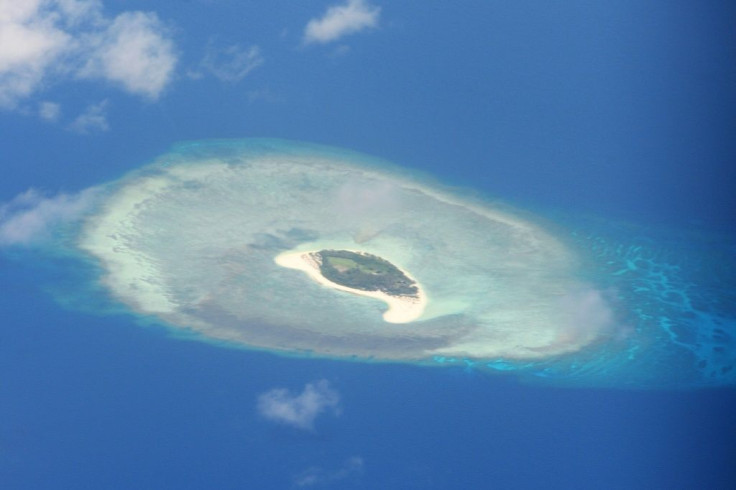In Defiant Signal To China, Vietnam Pays Tributes To Heroes Of Deadly South China Sea Clash
KEY POINTS
- The ceremony was attended by Vietnamese Prime Minister Pham Minh Chinh
- Chinh said the soldiers sacrificed their lives to protect the country’s sovereignty
- Analysts believe the act was aimed at sending a message of maritime sovereignty
Hinting at a change in its China policy, Vietnam has, for the first time, officially commemorated the 64 Vietnamese soldiers killed by the Chinese army in 1988 on the Spratly Islands. The country has long avoided discussing the battle so as not to irk China, its biggest trading partner.
However, Hanoi sent a signal to Beijing this March when it, albeit quietly, commemorated the slain men at a ceremony held in Khanh Hoa province, reported Business Insider.
According to local media reports, Vietnamese Prime Minister Pham Minh Chinh laid a wreath, paid floral tributes and burned incense at the Gac Ma memorial site. He also remembered the soldiers who "heroically sacrificed their lives to protect their country’s sacred sovereignty." A front-page editorial in Nhân Dân, the official newspaper of the Communist Party of Vietnam, followed the next day attacking China for the battle.
The Johnson Reef incident happened on March 14, 1988. Two armed Vietnamese transport ships and a landing craft carrying around 100 soldiers sailed to Johnson South Reef, Collin Reef and Lansdowne Reef in the contested Spratly Island chain with construction materials in a bid to secure its territorial claims.
However, they were met by Chinese forces at Johnson South Reef. A skirmish ensued, and China opened fire, killing 64 Vietnamese ships and sinking the ships.
While the recent act of commemoration may not appear remarkable, they are rare and a marked deviation from Vietnam's previous actions wherein it suppressed such citizen-organized memorial events.
The battle was not talked about in public, even in schools, for a long time. Whenever its subject came up, the state-controlled media often replaced "China" with "foreign forces." Hanoi's previous actions reportedly were triggered by the decision to keep anti-China sentiment at bay.
However, the high-profile event this year suggests that Hanoi, along with Vietnam's recent actions in the South China Sea and its own military investment plans, was sending a message to Beijing.
According to military analysts, the crucial act of finally commemorating the soldiers sent a "clear message of maritime sovereignty and self-reliance."
Political analyst and prominent Vietnamese blogger Huy Duc posted on Facebook that the "prime minister’s order is a strategic step towards setting up our 'policy fortress' to defend Vietnam’s sovereignty at sea and our islands." "No country can pick its neighbors but a dignified nation would never be imprisoned by geography," Duc was quoted by Radio Free Asia in a report published earlier.
According to Zachary Abuza, a professor at the National War College in Washington, D.C., the Vietnamese government is "trying to signal resolve, especially as the world is pre-occupied with the war in Ukraine."
"President Vladimir Putin‘s justifications to launch an offensive war on the flimsy basis of having once controlled that territory and historical affinity sets a very dangerous precedent for Chinese aggression in Southeast Asia, in general, and Vietnam, in particular," he told Radio Free Asia.

© Copyright IBTimes 2025. All rights reserved.





















